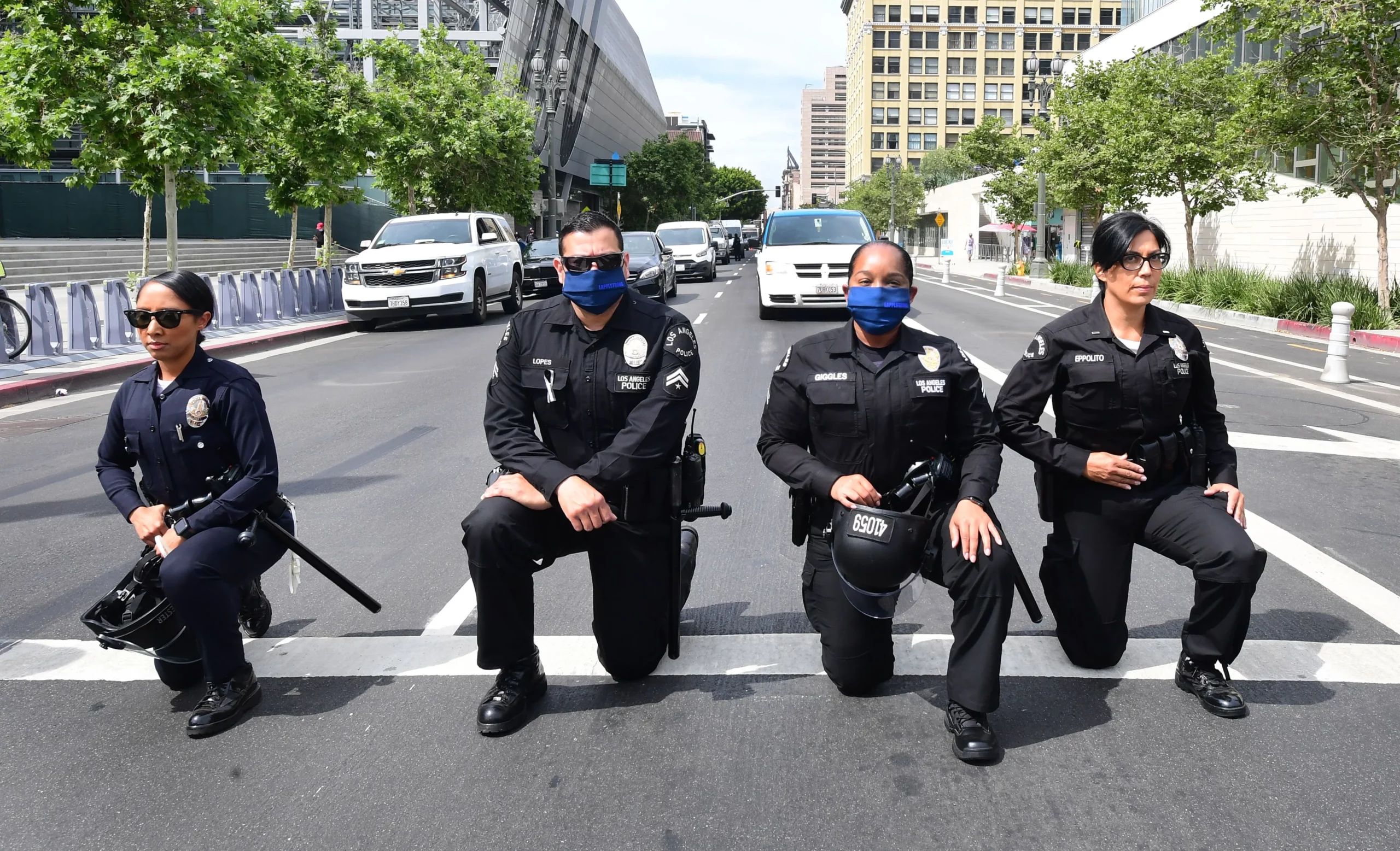
Interview with Colorado Police Officer Kayla Martinez: The Effects of Covid19
Introduction
The COVID-19 pandemic has had far-reaching effects on various aspects of society, including law enforcement agencies. Police officers have faced unique challenges and have had to adapt to new circumstances to ensure public safety while keeping themselves and their communities protected. In this comprehensive guide, we have the privilege of interviewing Officer Kayla Martinez from the Colorado Police Department to gain insights into the effects of COVID-19 on law enforcement. We will discuss the impact on police operations, officer well-being, community engagement, and the measures taken to mitigate the challenges posed by the pandemic.
Adjustments in Police Operations
- Changes in patrol strategies and resource allocation
- Adaptations in emergency response procedures
- Ensuring officer safety while interacting with the public
Officer Well-being and Safety Measures
- Mental health challenges faced by officers during the pandemic
- Strategies to support officer well-being and resilience
- Implementation of safety protocols to minimize COVID-19 exposure
Community Engagement and Public Relations
- Maintaining trust and positive relationships with the community
- Creative approaches to community outreach during social distancing
- Addressing community concerns and maintaining open lines of communication
Enforcement of COVID-19 Regulations
- Balancing enforcement with community education and empathy
- Addressing public compliance with COVID-19 regulations
- Collaborating with other agencies and community organizations for effective enforcement
Technology and Innovation in Policing
- Utilizing technology for remote communication and reporting
- Implementing virtual training and professional development programs
- Exploring innovative solutions for remote crime prevention and investigation
Lessons Learned and Future Preparedness
- Identifying lessons learned from the pandemic experience
- Strengthening emergency preparedness plans for future crises
- Enhancing interagency collaboration and communication for effective response
Building Resilient Police-Community Relationships
- Fostering understanding and empathy between officers and community members
- Promoting community involvement in shaping policing strategies
- Encouraging open dialogue and constructive feedback from the community
Supporting Officer Mental Health
- Implementing mental health resources and support programs
- Encouraging peer support and debriefing sessions
- Promoting a culture of self-care and emotional well-being among officers
Community Policing in the Post-Pandemic Era
- Recognizing the long-term impact of the pandemic on community dynamics
- Evolving community policing strategies to meet changing needs
- Strengthening partnerships between law enforcement and community organizations
Conclusion
The COVID-19 pandemic has presented unprecedented challenges for law enforcement agencies and police officers. Through this interview with Officer Kayla Martinez, we have gained valuable insights into the effects of the pandemic on police operations, officer well-being, community engagement, and the measures taken to navigate these challenges. As we move forward, it is crucial to reflect on the lessons learned and prioritize the well-being of officers and the communities they serve. By fostering resilience, promoting community partnerships, and adapting to evolving circumstances, law enforcement can effectively navigate the post-pandemic era and continue to ensure the safety and security of their communities.
Addressing Racial Disparities and Building Trust
- Recognizing the impact of the pandemic on racial disparities in policing
- Implementing strategies to address racial biases and promote equitable policing
- Building trust and strengthening relationships with communities disproportionately affected by COVID-19
Innovative Approaches to Community Policing
- Exploring community-led initiatives to address public safety concerns
- Engaging in proactive problem-solving and prevention efforts
- Collaborating with community organizations to provide resources and support
Enhancing Technology and Data-Driven Policing
- Leveraging technology for data collection and analysis
- Using data-driven insights to inform decision-making and resource allocation
- Identifying emerging trends and adapting policing strategies accordingly
Lessons for Future Crisis Preparedness
- Evaluating the effectiveness of emergency response protocols during the pandemic
- Incorporating lessons learned into future crisis preparedness plans
- Enhancing coordination and communication with other agencies and stakeholders
Community Education and Empowerment
- Educating the public about the role of law enforcement during a crisis
- Empowering communities to participate in their own safety and well-being
- Promoting transparency and accountability through community education initiatives
Collaboration with Public Health Agencies
- Strengthening partnerships with public health agencies and professionals
- Collaborating on public health education and enforcement efforts
- Coordinating responses to public health emergencies and community needs
Promoting Officer Wellness and Resilience
- Providing ongoing mental health support for officers
- Offering training on stress management and self-care
- Creating a supportive and inclusive work environment
Conclusion
The COVID-19 pandemic has significantly impacted law enforcement and necessitated adaptation and innovation in policing strategies. Through the interview with Officer Kayla Martinez, we have explored various aspects of the effects of COVID-19 on law enforcement, including adjustments in operations, officer well-being, community engagement, and future preparedness. It is crucial for law enforcement agencies to address the challenges and lessons learned from the pandemic and work towards building stronger, more resilient police-community relationships. By prioritizing trust, inclusivity, and collaboration, law enforcement can navigate future crises and continue to serve and protect their communities effectively.
Anastasia Filipenko is a health and wellness psychologist, dermatolist and a freelance writer. She frequently covers beauty and skincare, food trends and nutrition, health and fitness and relationships. When she’s not trying out new skincare products, you’ll find her taking a cycling class, doing yoga, reading in the park, or trying a new recipe.
- My Mushroom Capsule Adventure: A Fun and Personal Review of House of Shrooms Products - August 1, 2024
- Schromba Marijuana Strain - September 22, 2023
- How to Use Delta 10 THC Tinctures - July 20, 2023


